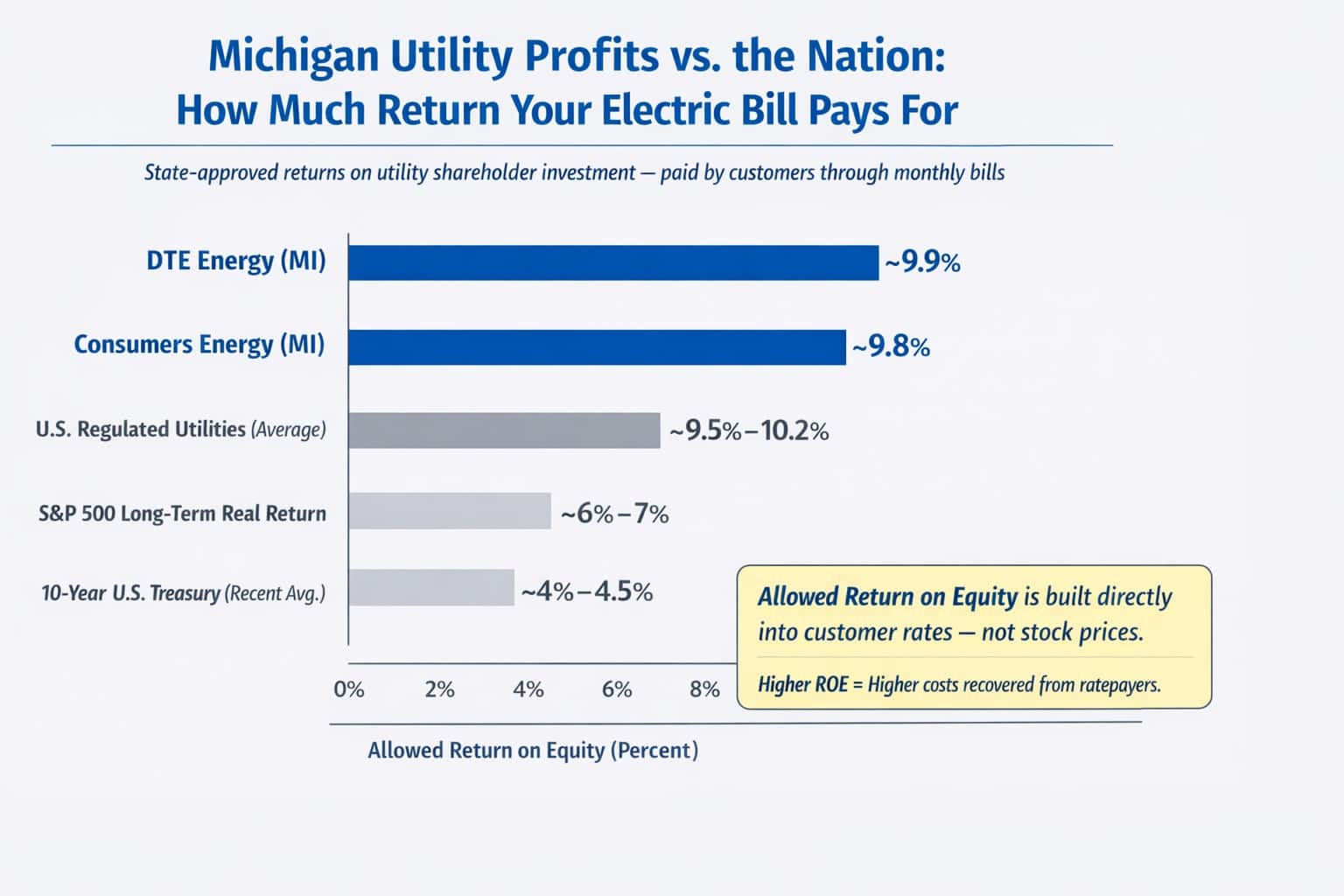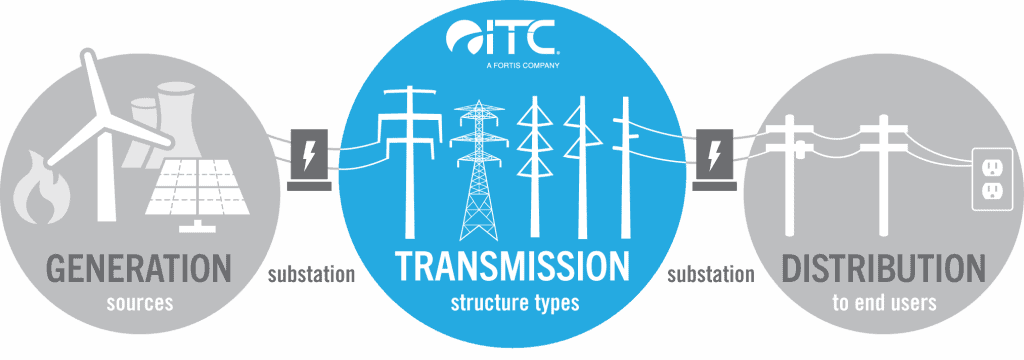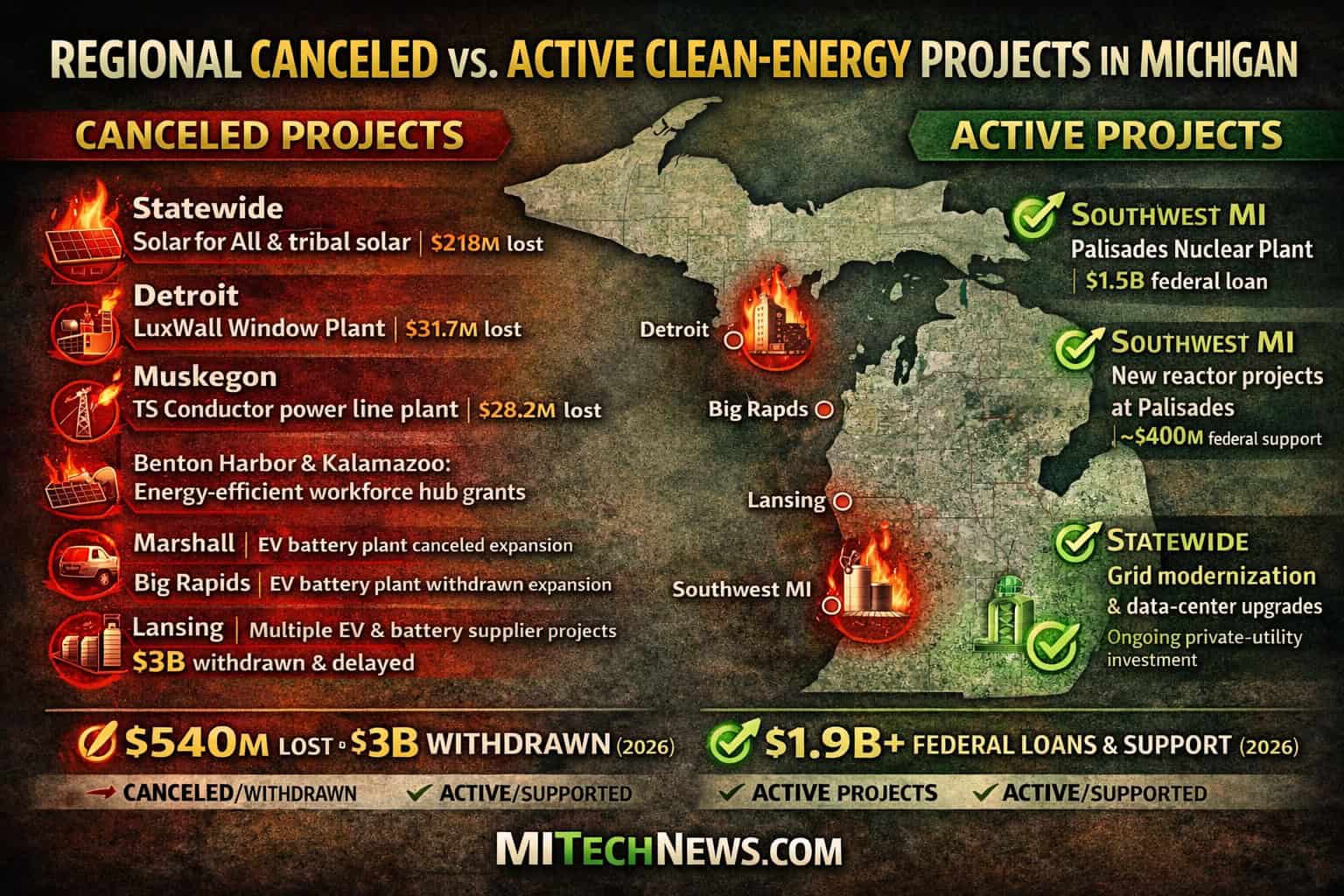LANSING ? Michigan customers would have to pay $87 up front and $15 a month, but they would be able to opt out of having a new advanced meter transmit information to Detroit Edison, the company said in a filing to the Public Service Commission on Wednesday.
The charges, officials said in the filing, would cover the costs of making changes to the meter to turn off the transmitter as well as the cost of manually reading those customers’ meters every month.
Under the plan, DTE would still install the new smart meters when it is conducting that work in the customer’s neighborhood, but then deactivate the communications system in it.
But the plan came under fire from opponents of utilities requiring the new meters.
Rep. Paul Opsommer (R-DeWitt) questioned whether the filing was another delay tactic to keep the company from having to deactivate the meters it has already installed where customers have requested that.
“Utilities have been telling both the media and the Legislature for months that they are letting customers opt out, but when people call my office it is to complain that they are not being allowed to do so,” Opsommer said. “With its recent application to the MPSC, this DTE filing makes it sound like the MPSC has to first give approval for DTE to allow customers to opt out. That is simply not the case, and I hope the intent here is not to further delay giving customers an opt-out while this application is being reviewed.”
DTE spokesperson Scott Simons said the utility was waiting until after the opt-out plan is adopted to comply with customers’ requests because, without the plan, there is no authority to charge for the involved costs.
“Our whole opt-out program is based on cost recovery,” he said.
Opsommer questioned the fees DTE intends to charge, particularly the monthly fee given that PSC rules allow customers to read their own meters and submit that information to the utility.
“In a monopoly electrical market, it’s very difficult to charge captive customers high fees to not install something that people never wanted in the first place,” Opsommer said. “That may be a profitable business model, but it’s simply not one private property owners will tolerate. I also think we need to make sure that ongoing charges of $15 a month is appropriate, as it seems to me to be ignoring MPSC rule 460.115”.
Simons said the fees were not to prevent DTE from installing the new meter. “They’re still going to get a new digital meter, it’s just not going to be activated,” he said. “The process and program to install advanced meters throughout our service area is done on a planned basis.”
And he said even those who read their own meter would increase costs to DTE over having the meter provide the usage data. The meter provides the information directly to a computer that processes the information; those calling in would have to provide that information to a person to enter, he said.
Opsommer said the utility could avoid some of the need for the opt-out plan by abiding by requests from communities that it not install the meters there.
Simons acknowledged some communities had adopted resolutions asking that DTE not install the new meters, but he said those communities were still part of the roll-out plan and would eventually see their meters changed.
DTE has said there are benefits both to the customer and the utility of having the new meters. It said in the filing that any customers opting out should be made aware of the benefits they are giving up.
Consumers Energy has similar plans to upgrade to smart meters throughout its territory, but has not yet submitted its opt-out plan, PSC officials said.
This story was provided by Gongwer News Service. To subscribe, click on Gongwer.Com






